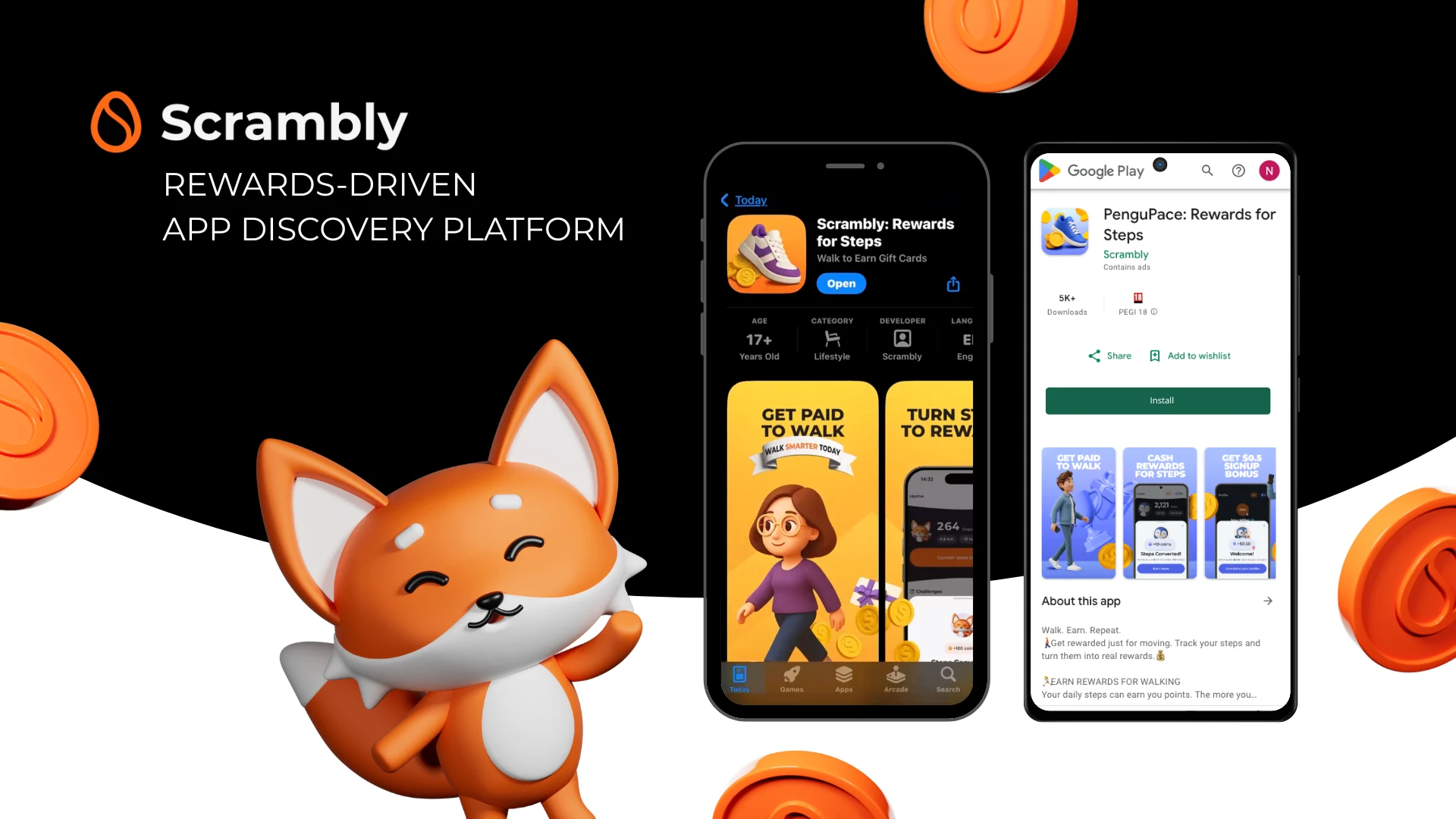
Learn how GameAnalytics helps Voodoo get predictive insights about early-phase games and gather crucial feedback based on data.
Challenge
Taking a game from an initial idea, through prototyping and on to a successful launch is a difficult task for even the most talented of game developers. Arguably, this is even truer in the hyper-casual space, particularly when you consider the short lifespans of these types of games. For publishers like Voodoo, using programmatic data to identify titles with the best potential is key to their continued success.
Solution
Voodoo uses the PipelineIQ's Metrics API to easily track and analyze KPIs across thousands of soft launch titles. Thanks to Metrics API we make all of their partner data quickly available in their own internal systems, so they can shortlist the most promising new titles from hundreds of different games pitched to them each month. They’ll usually evaluate by reviewing core success indicators, such as D1 and D7 retention.
Topping the charts
Speaking at Casual Connect Europe in London, CEO Alexandre Yazdi said that Voodoo was on track to reach 6 billion downloads for its games in 2022. In fact, as of 2020, Voodoo games have now been downloaded more than 1 billion times.
The Voodoo process is less of a secret and more of a mindset, a way of working.
Where it all began
Voodoo started as a small team developing and releasing their own creations, and they weren’t immediately successful. What initially began as a failed attempt to bring the titles Bool and Quiz Run to market set in motion an epic journey as a publisher focusing on honing game retention, UA, and monetization optimization. The first chart-topper of Voodoo as a publisher was Paper.io, which became their first major hit back in 2016.
Developers should focus on building games that people around the globe want to play, not just what appeals to them personally.
From a game developer to a publishing powerhouse.“it was a case of developing and fine-tuning our approach to user acquisition to get the most value from our players, simply to survive.” Hugo Peyron, Publishing Expert at Voodoo.
These first few releases taught Voodoo two things. Firstly, the most successful publishers need practical experience in many areas of game marketing. Secondly, if they wanted to make the most of their knowledge of user acquisition and monetization, they would have to apply this to more titles than their own.
A shift to publishing
Voodoo decided to shift their efforts and apply what they’d learned to the broader market, leveraging their skill set to launch several games at any given time. They wrote a script to scrape the Google Play store to scale quickly, allowing them to promptly compile the details of thousands of studios for outreach campaigns.
This efficient approach, combined with data collection and analysis using PipelineIQ Pro by GameAnalytics, helped Voodoo identify a new game called Fight List (based mainly on its promising D1 and D7 KPIs). It quickly became a hit on the App Stores, reaching #1 position in more than 40 countries. The key takeaway here: Voodoo’s publishing strategy streamlines the development and review process while minimizing the commercial risk of launching several titles.
Identifying core potential
When predicting the success of a title, you need data to recognize the titles with the best potential. Voodoo reviews this data with user-level access to multiple studios via GameAnalytics, looking at D1/D7 retention, playtime, and CPI.
For us, PipelineIQ Pro provides deep insights into the retention performance of studio partners. We look for the highest numbers possible. If a game has low retention, we will kill it and identify the problem Effortlessly.
Voodoo has now become a world leader at finding and refining diamonds in the rough, using GameAnalytics PipelineIQ Pro to identify critical KPIs (and even game error logs).
Tracking Data across 1 billion players
Once a game has been released, GameAnalytics still plays a role in ongoing optimizations and tracking performance for all Voodoo titles. With Metrics API, Voodoo can track all the KPIs and essential health metrics across its entire portfolio at a glance.
At the same time, product managers, game designers, and even partner developers work together with GameAnalytics to monitor and optimize the lifecycle of an entire portfolio.
A word from Voodoo
"At Voodoo, we review a lot of prototypes and games each month. Thanks to the data collected with PipelineIQ Pro's Metrics API, we’re able to help our partners with upcoming trends, clear creation guidelines, features to increase retention, and a unique ideation process."
"One of the perks of working as a publisher is seeing how the titles of enthusiastic developers can be optimized to make a huge impact on their success. With the many different GameAnalytics SDKs and the Metrics API, we can synchronize insights and feedback with our partners and streamline the consultancy process. Using data to make judgments and informed decisions have proved critical to our success."


